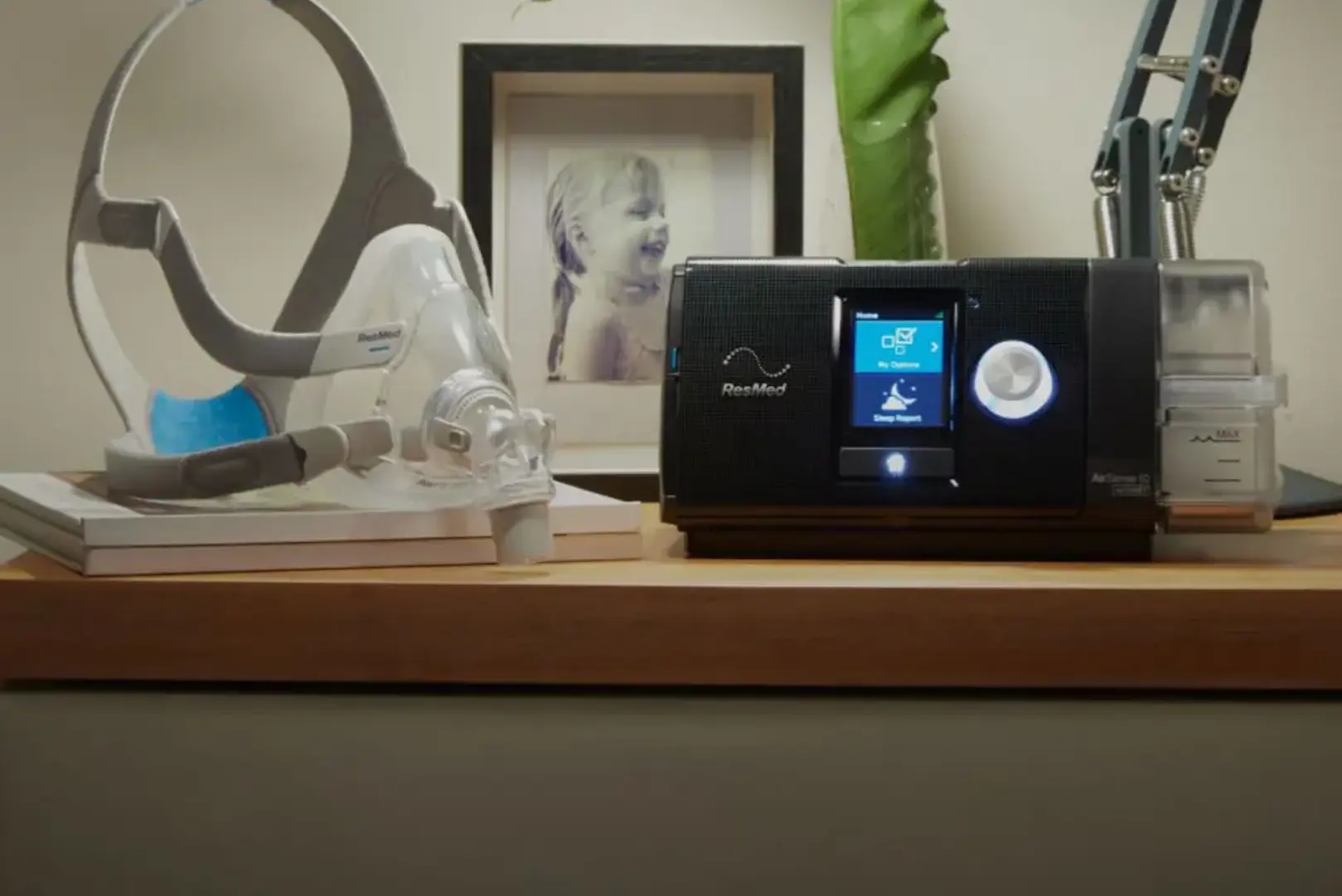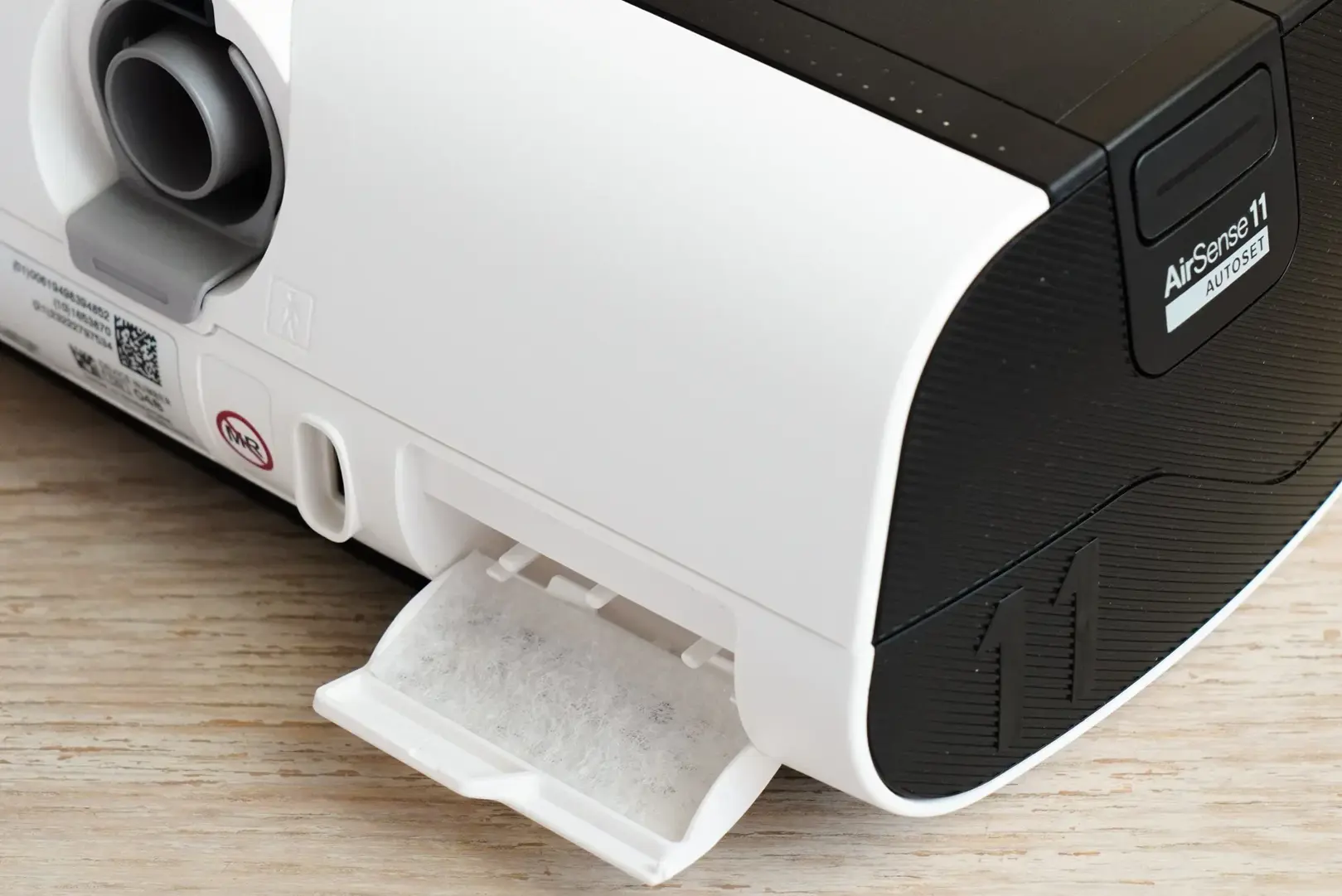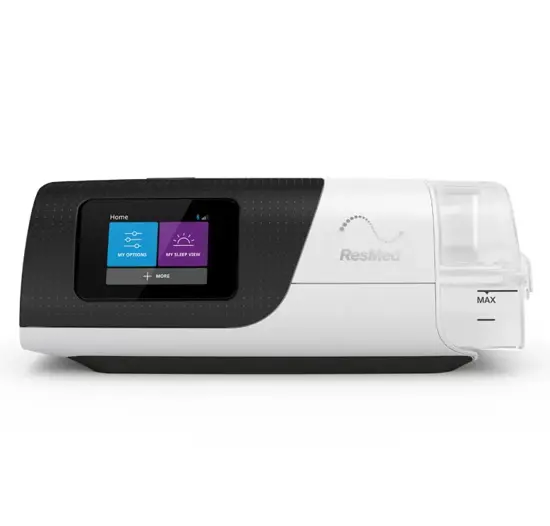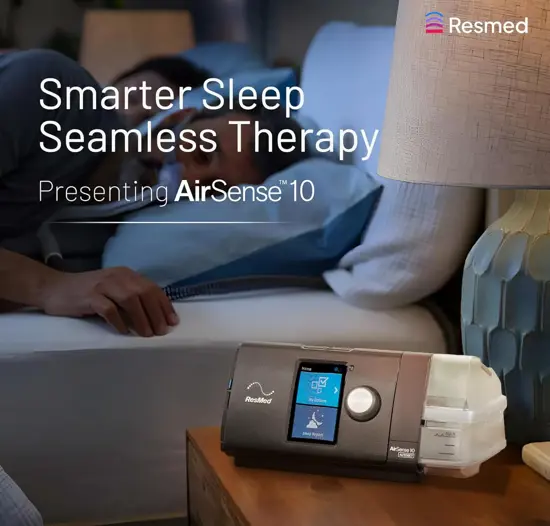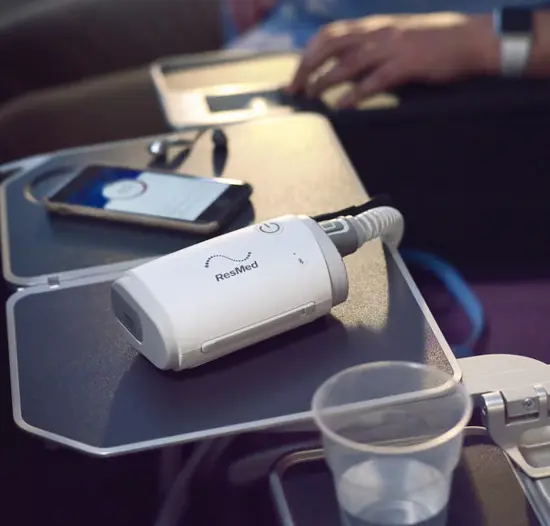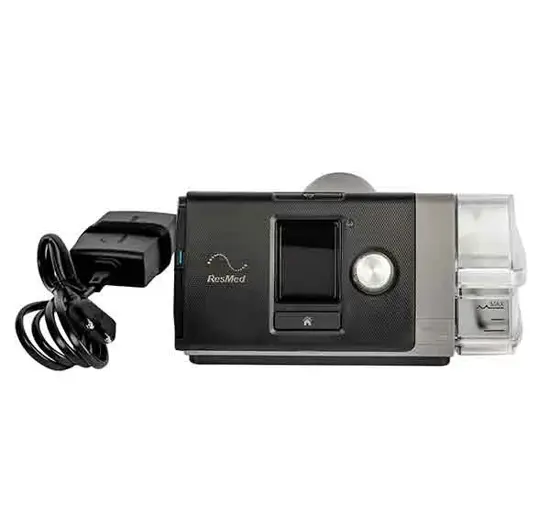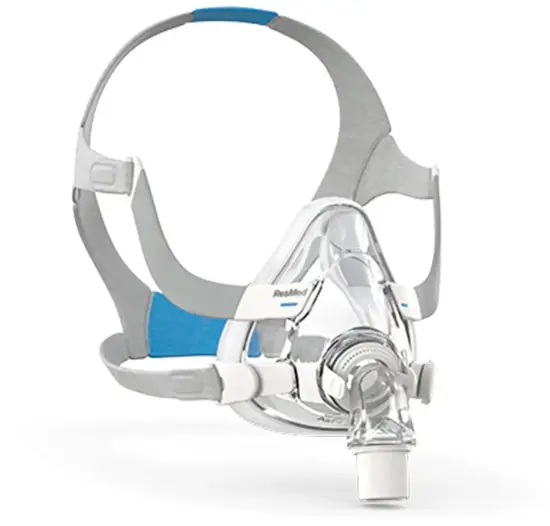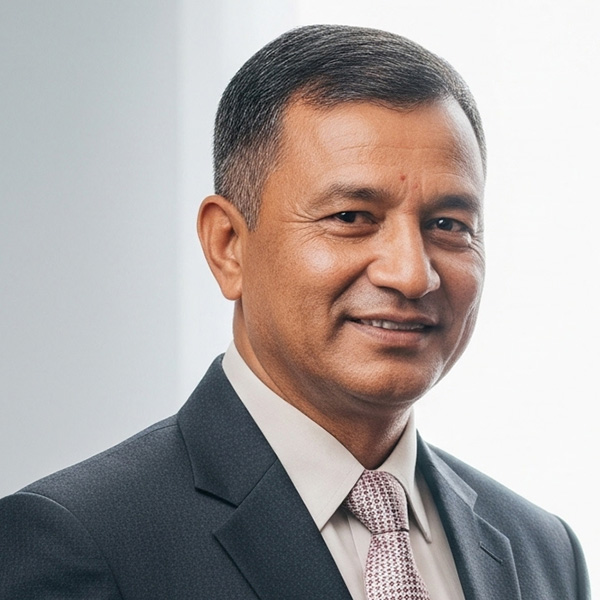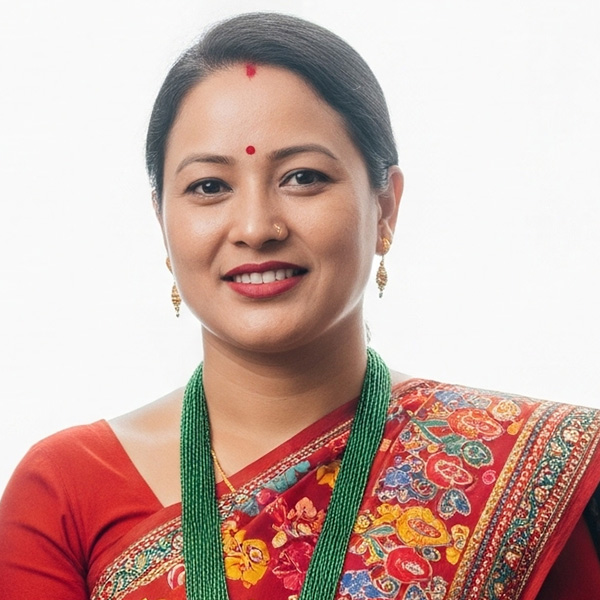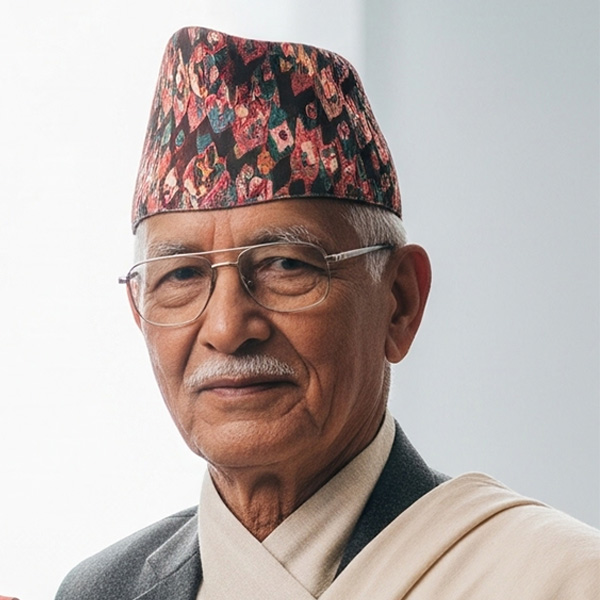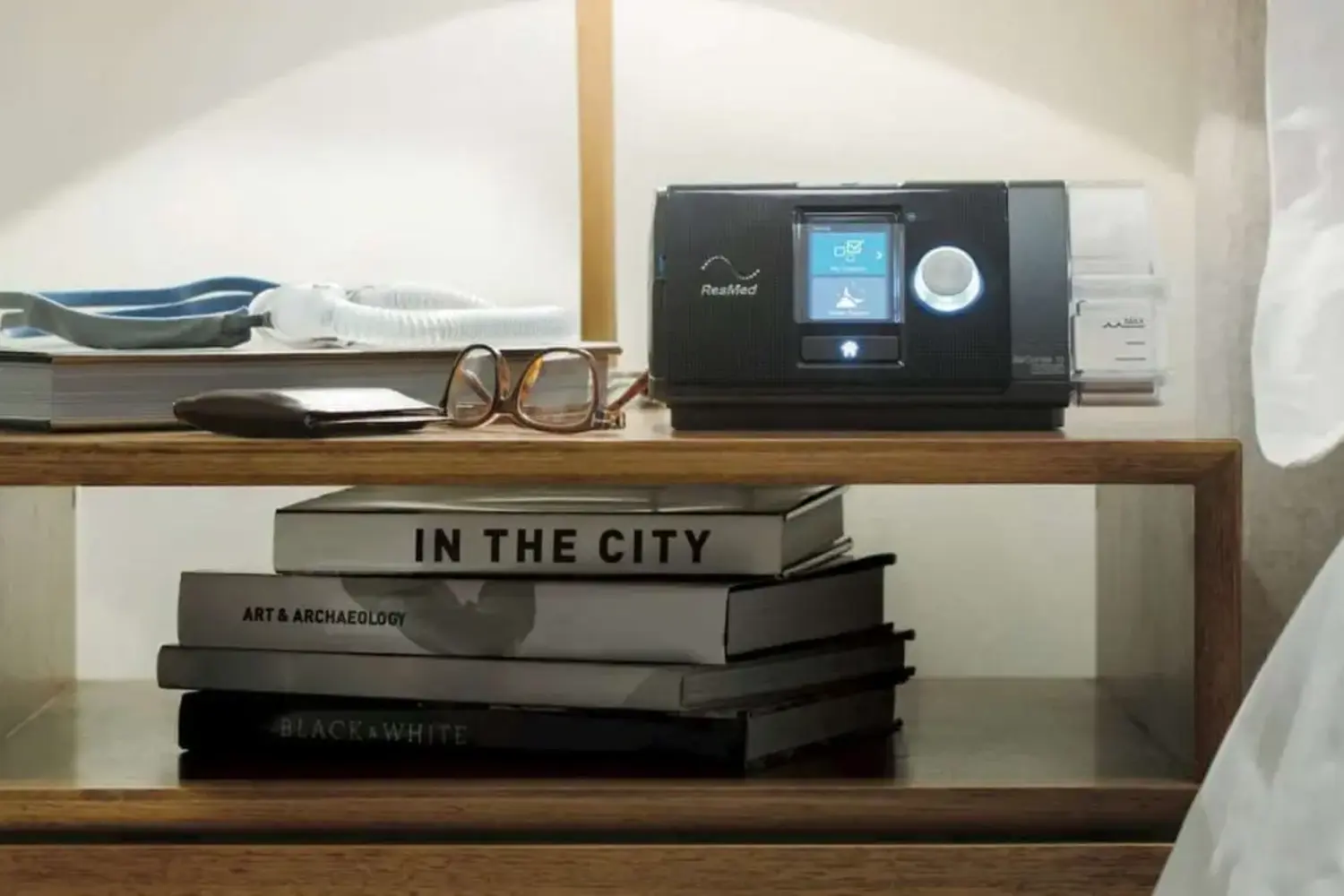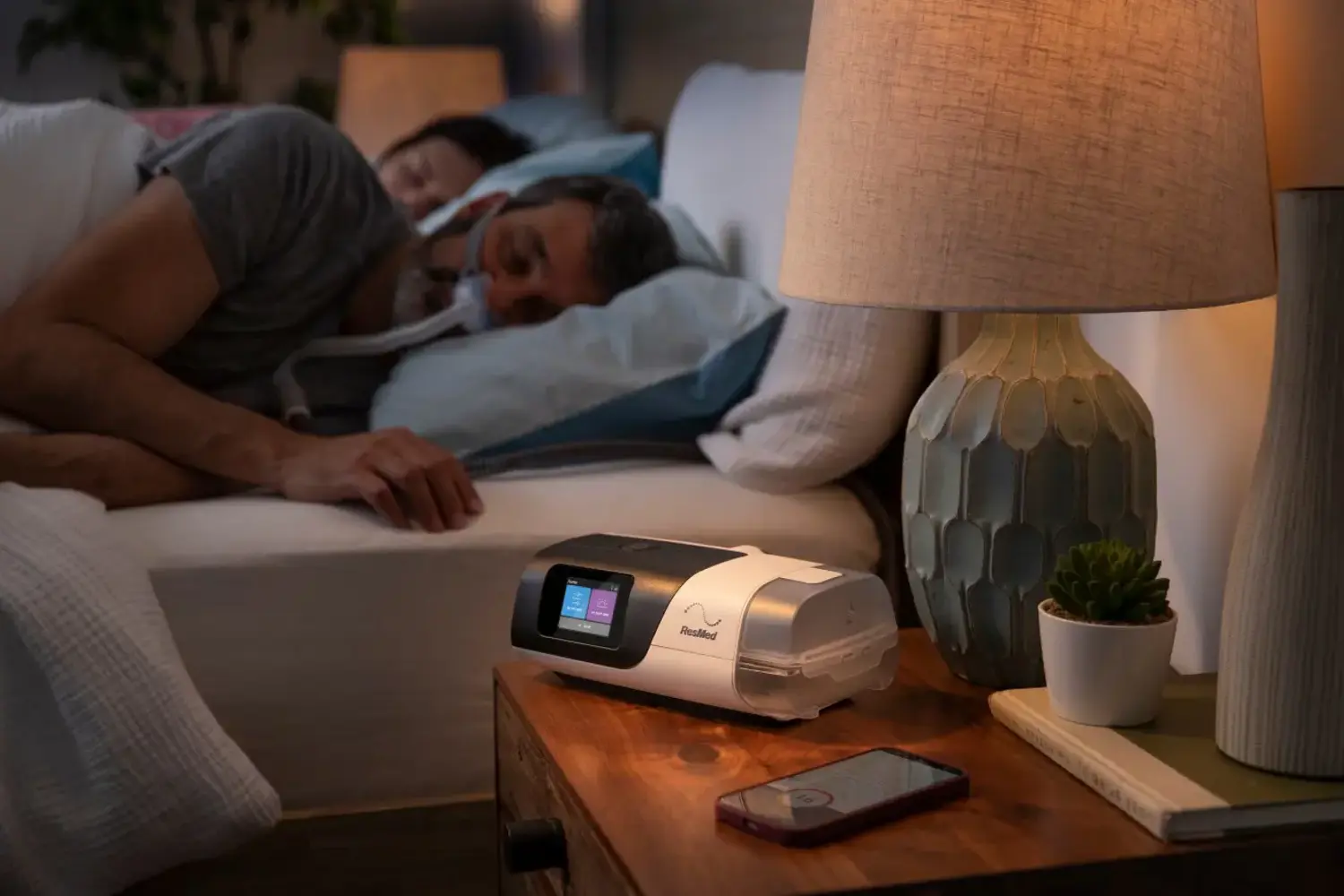
Who We Are
Solving Sleep & Respiratory Issues in Nepal.
Our Vision
We envision a world where every person can achieve their full potential through better sleep and breathing, with care delivered in their own home.
Our Mission
We create life-changing health technologies that people love.
Find the right sleep solutions for you
CPAP & BiPAP Machine Rental
Explore ResMed CPAP & BiPAP Devices Available on Rent in Nepal with Mask Options.
Featured Products
Resmed Devices & Masks
Testimonials
Real Life Stories

FAQs
Frequently Asked Questions
This FAQ section addresses common questions regarding private nursing and home care services, it covers essential topics
Resmed is a global leader in sleep technology that has its origins right here in Australia. Our goal is to provide people with the means to awaken their best and enjoy healthier lives by promoting good sleep habits and creating awareness for sleep disorders such as sleep apnea.
CPAP uses an air pump and mask to deliver mild air pressure to the upper airway of a person while they sleep. The air pressure can be constant or variable depending on the type of machine. The CPAP pump takes in room air, pressurises it and then transports the pressurised air through a tube and mask and delivers it via the person’s nose (or nose and mouth) into their upper airway (throat). The pressurised air prevents their upper airway from collapsing, allowing them to breathe more normally while they sleep.
A prescription or referral is not required to try CPAP. It is recommended that a sleep test is completed prior. Some patients may need to speak to a sleep specialist or GP before starting on a CPAP treatment. If in doubt, it is recommended that you speak to your GP before trying a CPAP.
Positive airway pressure (PAP) therapy — usually known in its most common form as “CPAP,” for continuous positive airway pressure — is considered the gold-standard treatment for obstructive sleep apnea (OSA). New CPAP devices, like Resmed’s AirSense™ 11, have built-in wireless technology that allows doctors to remotely track how well the machine is working for you. This makes it easier for your healthcare provider to adjust settings and ensure you are using the machine properly, which can improve long-term success with CPAP therapy. In addition, digital health solutions, like health apps, allow for better self-monitoring and therapy adjustments.
Alternative therapies for the treatment of OSA include oral appliances and positional therapy, upper airway surgery and upper airway stimulation (UAS) therapy. UAS therapy is a small, surgically implanted device that stimulates a nerve that controls the tongue to keep the airway open during sleep. UAS therapy is indicated for people who can’t tolerate PAP or BiPAP therapy and also do not have complete blockage of the soft palate and meet other eligibility requirements.
Sleep apnea can worsen with age due to factors like decreased muscle tone in the upper airway, weight gain, and changes in sleep patterns. As people age, there is also an increased likelihood of other health conditions, like cardiovascular disease, that can worsen or exacerbate sleep apnea.
Untreated sleep apnea can lead to serious health risks. It has been linked to an increased risk of heart attacks, stroke, high blood pressure, type 2 diabetes, and even dementia. While death directly from sleep apnea is rare, the cumulative health effects of prolonged untreated apnea episodes can be life-threatening. This is why timely diagnosis and treatment are critical.

